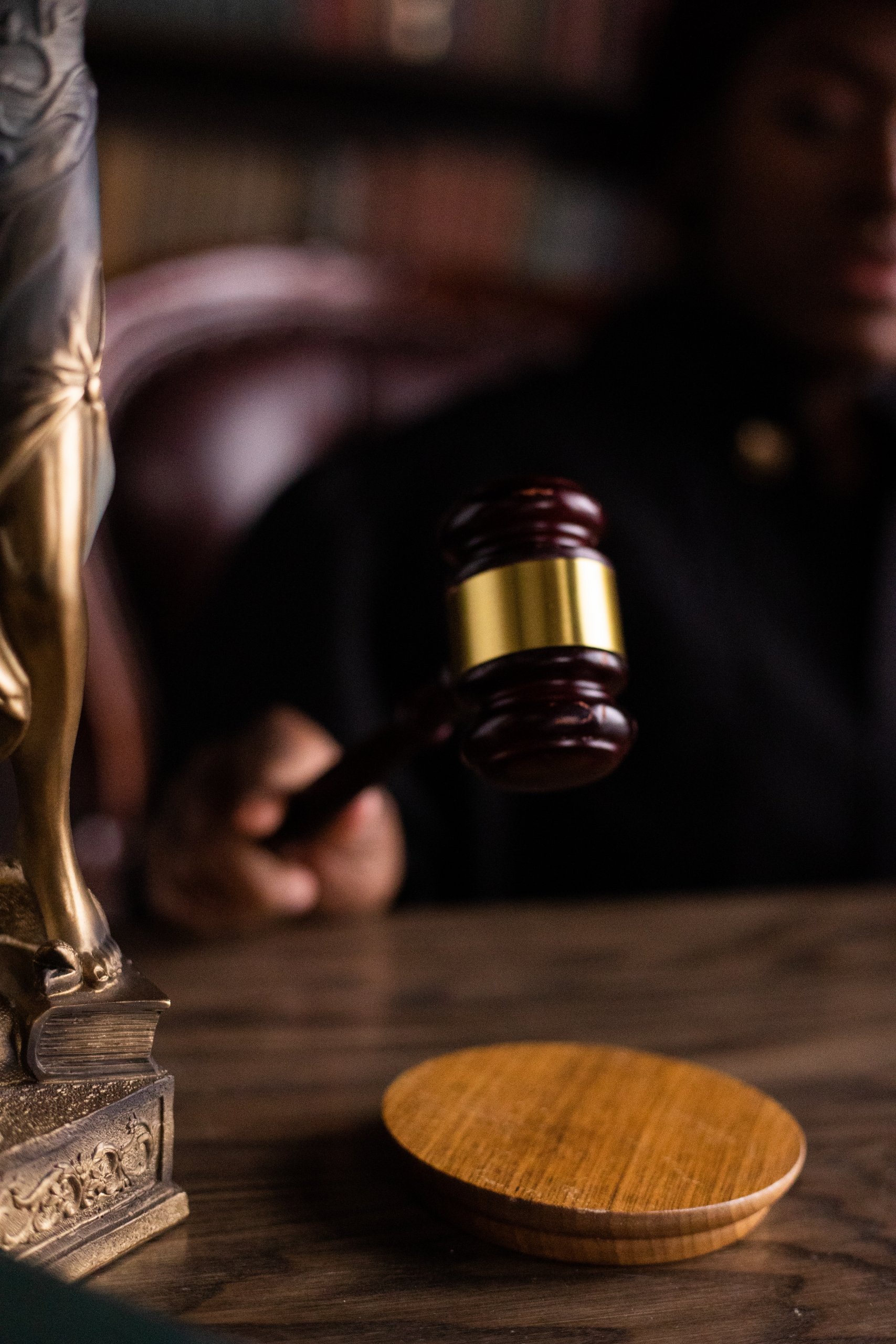Supreme Court rules on creditor duty in BTI v Sequana
The Supreme Court (“SC”) has recently ruled in BTI v Sequana on the powers and duties of company directors to creditors. The appeal was expected to be of considerable importance to companies, directors of companies, directors in financial distress, creditors and insolvency practitioners.
Key points of the ruling
The court found that a director does owe a duty to the company’s creditors. The duty arises as the company’s insolvency becomes probable, and becomes paramount when insolvency is imminent. Even a lawful dividend payment to shareholders could breach this duty owed to creditors.
This ruling means that directors of companies in financial distress must be careful to consider the interests of creditors alongside shareholders and judge when the creditors interests become paramount. Therefore, advice from insolvency experts has become increasingly crucial as a company’s financial situation deteriorates. However, the SC has established that analysing potential creditor duty breaches will be on a case-by-case basis according to its own circumstances, which allows breathing room for directors and scope for manoeuvre. It will not be the case where at the first notion of financial trouble that creditor’s interests will supersede shareholders.
The issues dealt with by the SC were narrower in scope, and focused on the existence and substance of a potential duty to creditors owed by directors of distressed companies, compared to the Court of Appeal (“CoA”) 2019 judgement (BTI 2014 LLC v Sequana SA [2019] EWCA Civ 112 (6 February 2019)) that BTI v Sequana appealed. The SC agreed with CoA and dismissed the appeal and provided an in-depth analysis and consideration of the issues given their importance for directors and wider company law. However, some of the distinctions in the reasoning of the SC and CoA are important to understand.
Do Directors have a creditor’s duty?
There is a duty owed by directors of a company to its creditors as the company approaches insolvency. This is a modification of the existing duty under s172(1) of the Company Act 2006 (“CA”) to ‘promote the success of the company for the benefit of its members as a whole’ rather than a new duty created by the ruling. This ruling represents a culmination of common law development through cases such as West Mercia. However, there is still room for future development and less certainty in deciding the extent and substance of the creditors’ duty.
What is the substance of the duty?
The SC did not reach this decision unanimously and there is no definitive conclusion on the substance of the duty to creditors, the SC’s decision should be viewed as guidance on likely judicial thinking. This leaves the question: at what point do the creditors’ interests become part of the s172 CA duty to the company?
The majority of the SC held that the duty to creditors arises in the following circumstances:
- a) Where it is probablethat the company will become insolvent;
- b) Where the company’s insolvency is imminent; and
- c) Where the company is currently involvedin an insolvency process, such as insolvent liquidation or administration.
However, every insolvency situation will provide a different perspective on what the substance of the duty to creditors is. For example, in the case of imminent insolvency the duty to creditors becomes paramount and when acting in the best interests of the company, it is the creditors’ interests rather than the shareholders’ interests that must be considered. Compared to where insolvency is probable, the creditors’ interests are relevant but not at the forefront. The interests move on a sliding scale where the duty balances between creditors and shareholders interests surrounding insolvency.
The majority held that any duty to creditors would only be engaged where the directors knew, or ought to have known, about the company’s insolvency position. Lord Reed and Lady Arden disagreed with the majority on this issue, preferring to leave such a conclusion to a later decision. Directors should therefore be cautious in relying on a lack of knowledge of their company’s insolvency as a defence, especially as that knowledge may be assumed given a director’s position and responsibilities.
Conclusion
Whilst the SC’s decision may not be as clear and resolved as anticipated, the certainty of the existence of the creditors’ duty with its flexible nature should provide clarity and reassurance for directors running companies under financial pressure and approaching insolvency.
It is important for directors under financial pressure or facing insolvency to receive financial and legal advice, record all their decisions, evidence and reasoning. Insolvency experts should be consulted to gain a clear understanding of a company’s financial position, bearing in mind that as soon as insolvency becomes imminent, creditors’ interests become paramount. However, the flexibility of the decision does create the difficult task of balancing shareholders’ and creditors’ opposing interests. The SC seems to have left this responsibility of establishing the company’s sliding scale to the directors, the judicial thinking here may be instilling confidence and upholding responsibility for directors to be honest and diligent, who take advice and think logically to carry out their duties with the care to avoid personal liability.
Developments in this area of law are most likely to occur given the SC’s reluctance to make a definitive decision on many of the key issues discussed.



